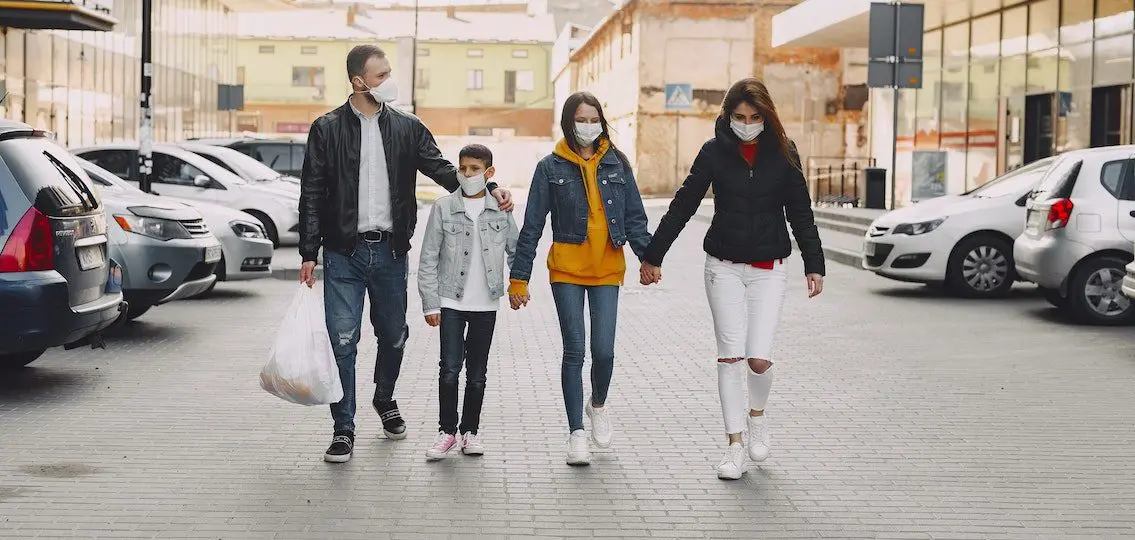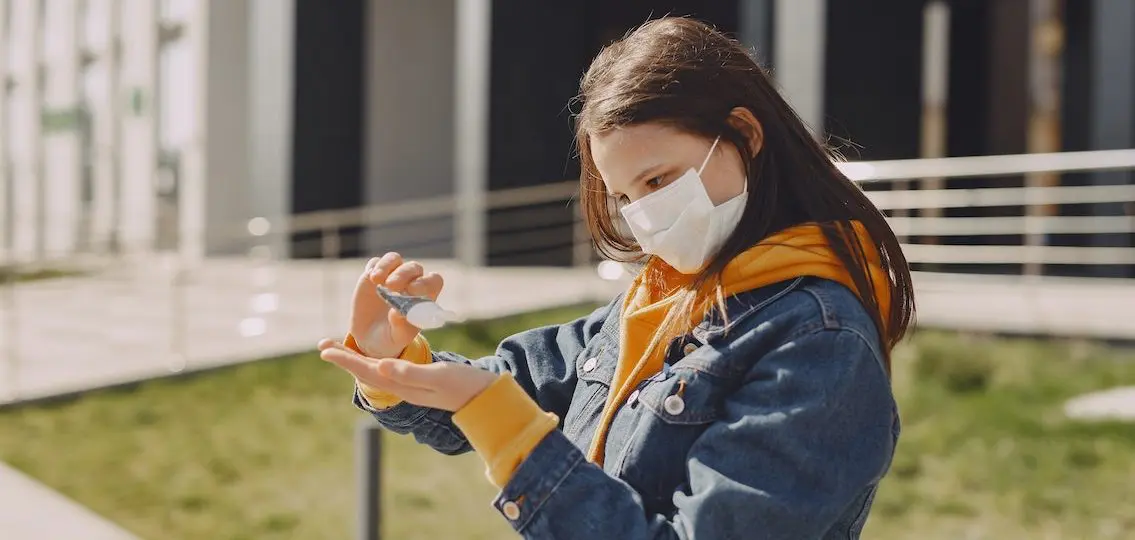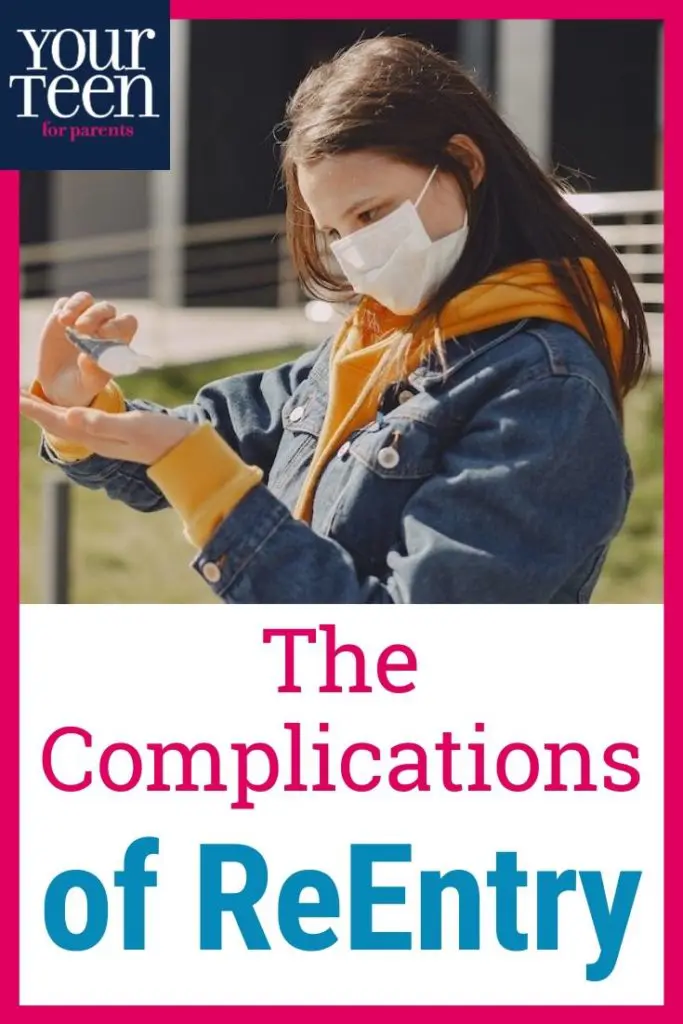After months of strict rules, most states have begun lifting restrictions. Practicing physician, resilience expert, and a parenting and youth development expert Deborah Gilboa discussed the complications of re-entry.
Q: As parents of teenagers, who sets the rules and what if our kids don’t agree with us?
Gilboa: We’re talking about our teenagers. If they are still under our purview, then when it comes down to it, we set the rules. But as they get older, we shift from telling them what to do to asking them how they’re going to manage a situation so they get practice at managing their own decisions and dealing with the consequences. But, as the stakes go up, it is more difficult to give them a lot autonomy.
Anytime that you are out of sync, the best thing to do is err on the side of making the most cautious person a little more comfortable. Compassion and kindness definitely weigh on the side of making sure everyone can sleep at night.
Q: Is there anything you can tell us that everyone should be doing right now?
Gilboa: We know that this is like a forest fire. The whole area isn’t on fire at the same time. There are hotspots and different areas are on fire at any given time. It’s pretty unlikely that the entire country will go on lock down on the same schedule. But there will be local and regional hotspots. Seeing what is coming, the best medicine we have is preventive. We should be really careful about confined spaces, prolonged contact, and covering our faces and the faces of others except for the people who live in our home.
Q: Some of that is not happening. For example, eating in restaurants has opened in a lot of places. Keeping in mind that all of this is creating so much tension, is that a personal decision?
Gilboa: It absolutely is. You have to be clear about your why. If your why is that someone in your home is medically fragile, then nobody gets to decide to put that person at risk. We all have to buy in and protect each other. It’s okay to mandate it and say, “Just because you don’t think there’s risk, your sister’s doctor has told us it would be very dangerous for her so you’re not going to be able to eat in a restaurant.” You really want to get some professional guidance. It’s difficult, and it’s my job to wade through the literature and understand what we’ve learned that’s valid and what we thought we learned that we need to unlearn because it’s not true.
Q: The judgment. You feel it everywhere. It comes from a place where we want to be right about the decisions we’ve made, but if we see someone doing something differently, then we worry.
Gilboa: I hope that by the time our kids are teens, they have internalized the message that just because someone else does something, that’s not going to hold a ton of weight with you. There are other times when you’ve made a rule that’s different from other parents. The one place we trip up with teenagers is when we make a rule for them that we don’t hold to. In this situation, any rule we say our teenagers need to live with, we need to do it too. They’ll be looking out for hypocrisy.
Q: Is the judgment unavoidable since we have no federal or one statement for all?
Gilboa: Absolutely. There’s not going to be one obvious path. It’s a really good skill for our kids to learn to make a decision and stick with it despite potential judgment from others. To know they made a decision that’s the best thing for their family, that they understand why they’re doing it. We can tons of empathy for their discomfort and for everyone’s feelings, but we have to guide behavior.
Q: It feels like we’re begging for guidelines but there’s a ton of uncertainty.
Gilboa: There is a ton of uncertainty but medically speaking, I can tell you the longer you can put off getting coronavirus, the better off you’ll be. We know so much more about managing and treating this disease than we did in April, and we will know so much more in September than we do now. Kicking the can down the road of getting this infection does actually make you tangibly safer. That’s why you want to do the things that you can to protect yourself.
If you’re convinced seatbelts keep your kids safe and your state got rid of the seatbelt law, would you still make your kids wear seatbelts? I would. It keeps you safe and dying in a car accident is pretty high up on the list of common ways that teenagers die. So just because there isn’t a law or a restriction in your county or town doesn’t mean you should stop doing something that you know is safe. That’s where our own autonomy is really valuable.
Q: Any parting words for parents of teens? Silver linings?
Gilboa: I have two things. My kids (I have four) are much more likely than I am or their grandparents are to just be asymptomatic carriers and not get very ill when they catch coronavirus. That being said, is there some good that comes out of this for them? Yeah. There will be other times in their lives where they face major upheaval and disruptions – job loss, relationships ending, death in the family – and here they are practicing. They’re seeing how when your entire world goes sideways, you survive, you try new patterns, you learn new strategies and skills. Our kids are going through this while adults can still guide them and they have a little cushion. They’re going to build a type of resilience that we weren’t called on to build.

Second, any time our usual or our normal is disrupted, we get a little more intentional. We become a little more introspective and insightful. That’s really valuable for our kids. Most of us have had a conversation with kids in the past few months that wouldn’t have happened because we wouldn’t have had the moment when we were together at home.





